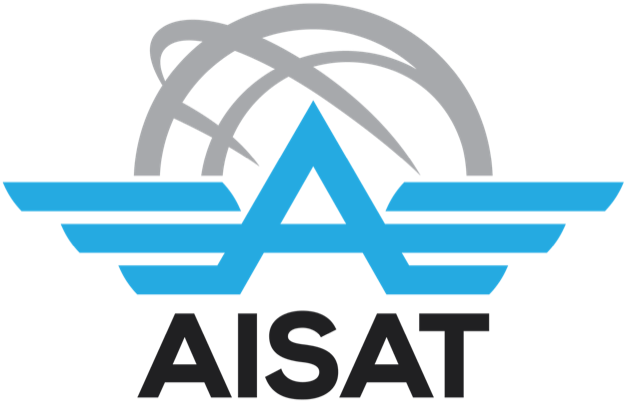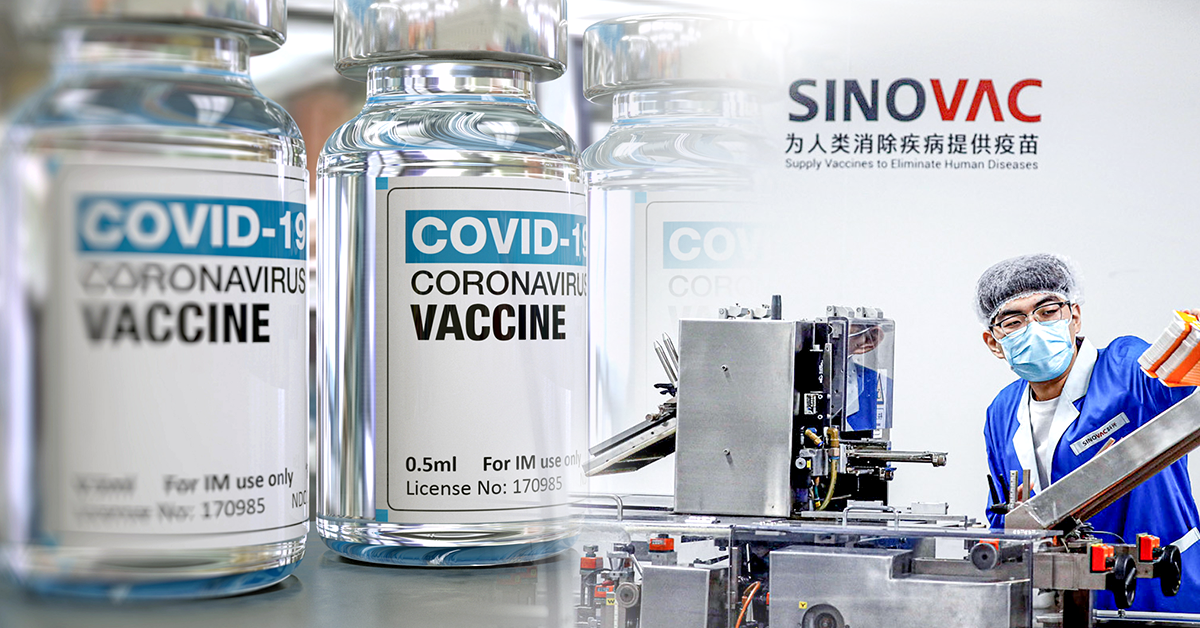January 15, 2021
by Luche Pilongo
The Philippine government approved the use of Pfizer-BioNTech’s COVID-19 vaccine, the first to receive emergency use authorization in the country. The Food and Drug Administration granted the candidacy of the US pharmaceutical giant on Thursday, confirmed Director Eric Domingo. US issuance by regulators is required for vaccines to be legally deployed in the country. The nation has yet to formally get vaccine dosages from Pfizer, but Czar Carlito Gálvez Jr. said that the Philippines could receive roughly 40 million doses from the US biopharmaceutical company this year as negotiations continue to finalize. Pfizer doses could also arrive this quarter if the Philippines’ request for rapid deployment as part of the World Health Organization’s COVAX facility is accepted. Unlike other brands, the Pfizer vaccine must be stored in ultra-cold freezers at minus 70 degrees Celsius, which are not yet widely available across the country. Compliance with temperature requirements during storage and distribution is essential to ensure the efficacy of the vaccine. Domingo said under the authorization, Pfizer provides the necessary cold chain requirements for storage, transportation, and maintenance until a separate agreement with the DOH or task force is made. He said government officials would determine areas where Pfizer vaccines are available to ensure proper procurement and cold chain management, which previously limited the delivery of Galvez Pfizer vaccines to Metro Manila, Cebu City, and Davao City, as it may be done in these urban areas. Meeting storage requirements. The national government is in talks with private companies to install cold storage rooms and walk-in freezers. The EUA application of AstraZeneca and Sputnik Viney, created by the Research Institute of the Russian Gameplay, is pending with the FDA. Domingo told CNN Philippines on Thursday that the agency could decide on AstraZeneca’s application before the end of January. British-Swedish drug manufacturer UK It has protected the EU from stricter regulatory powers, which would help the “FDA” assess a little faster. The government intends to vaccinate 50 million to 70 million Filipinos this year.
There are 3 types of COVID-19 vaccines that will be undergoing large-scale (Phase 3) clinical trials in the United States namely mRNA vaccines that contain material from the virus that causes COVID-19 which gives our cells instructions for how to make a harmless protein that is unique to the virus. Once our cells make copies of the protein, they remove the genetic material of the vaccine. Our body realizes that there should be no protein, and it makes T lymphocytes and B lymphocytes, which will remember how to fight the virus that causes COVID-19 if we become infected in the future. The second type is Protein subunit vaccines include harmless pieces (proteins) of the virus that cause COVID-19 instead of the entire germ. Upon vaccination, the immune system recognizes that the protein does not belong to the body and begins to produce T lymphocytes and antibodies. If an infection occurs in the future, the memory cell will recognize and fight the virus. The last type is the Vector vaccines contain a weakened version of a live virus a different virus than the one that causes COVID-19 that has genetic material from the virus that causes COVID-19 inserted in it (this is called a viral vector). Once the viral vector enters the cell, the genetic material directs the cell to make a specific protein from the virus that causes COVID-19. Using these instructions, our cells make a copy of the protein. This stimulates our body to make T and B lymphocytes that remember how to fight the virus in the event of a future infection. Currently, two vaccines are authorized and recommended to prevent COVID-19: Pfizer-BioNTech COVID-19 Vaccine and Moderna COVID-19 Vaccine.
Currently, two vaccines are authorized and recommended to prevent COVID-19: Pfizer-BioNTech COVID-19 Vaccine and Moderna COVID-19 Vaccine. The general information of the Pfizer-BioNTech COVID-19 Vaccine are: Name: BNT162b2, Manufacturer: Pfizer, Inc., and BioNTech, Type of vaccine: mRNA, Number of shots: 2 shots, 21 days apart and How given: Shot within the muscle of the upper arm. Based on evidence from clinical trials, the Pfizer-BioNTech vaccine was 95% effective at preventing laboratory-confirmed COVID-19 illness in people without evidence of previous infections. In January 2020, German biotech company Bionetic launched its Lightspeed program to develop a vaccine based on mRNA technology already established against the new COVID-19 virus.
On the other hand, the Moderna COVID-19 Vaccine general information are:
Name: mRNA-1273, Manufacturer: ModernaTX, Inc., Type of vaccine: mRNA, Number of shots: 2 shots, one month (28 days) apart and How given: Shot in the muscle of the upper arm. Moderna COVID-19 Vaccine, codenamed mRNA-1273, is a COVID-19 vaccine developed by the United States National Institute of Allergy and Infectious Diseases (NIAID), the Biomedical Advanced Research and Development Authority (BARDA), and Moderna.
The Moderna vaccine has been shown to have an efficacy of approximately 92 percent in protecting against COVID-19, starting 14 days after the first dose. As of December 28, 2020, large-scale (Stage 3) clinical trials are in advance or being arranged for three COVID-19 vaccines within the United States: AstraZeneca’s COVID-19 vaccine, Janssen’s COVID-19 vaccine, and Novavax’s COVID-19 vaccine.

